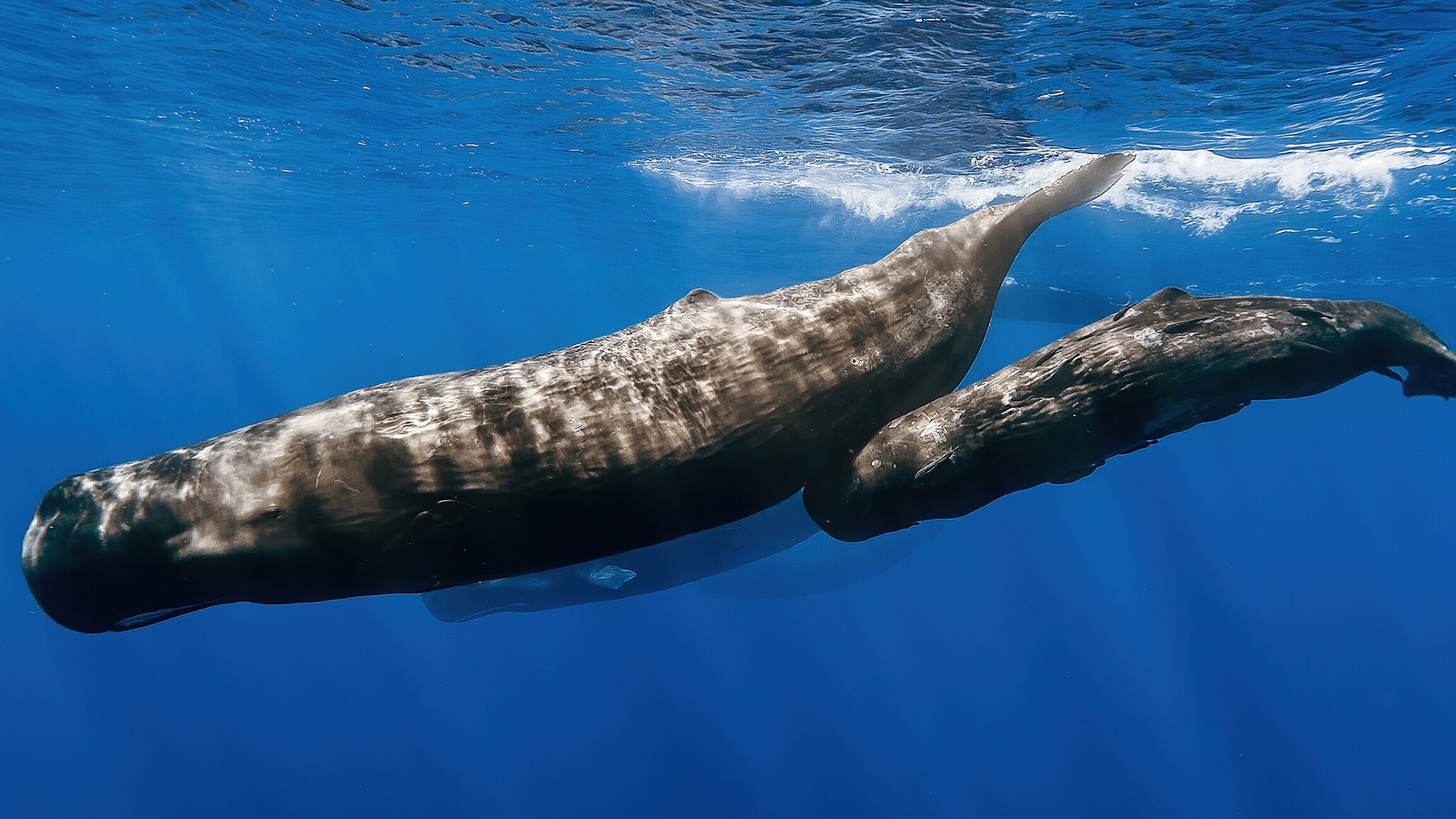We often think of grief as a uniquely human experience. But spend enough time observing elephants, whales, or even crows, and that assumption starts to unravel. Across species, animals have shown surprisingly complex responses to death: gathering around deceased companions, showing signs of distress, and even engaging in what look like rituals.
As more scientists turn their attention to these behaviours, a growing body of evidence suggests that mourning might not be exclusive to humans after all.
Here are some animals that’ve been observed to grieve their dead.
Story continues below this ad
Elephants
Of all the animals known for their emotional depth, elephants are perhaps the most well-documented mourners. When a matriarch named Eleanor collapsed in Kenya’s Samburu Reserve, other elephants from her herd — and even some unrelated elephants — gathered around. They touched her with their trunks, tried to lift her, and stood watch long after she passed, according to Discovery.
Researchers have observed similar scenes elsewhere: elephants revisiting bones of fallen companions, pausing as if in silent remembrance. Their mourning behaviours appear to go beyond immediate family ties, suggesting something deeper at play, possibly empathy or collective memory.
Primates
Among primates, especially chimpanzees and gorillas, death often triggers powerful reactions. One of the most heartbreaking examples came from Spain in 2024, when a chimpanzee named Natalia was seen carrying her dead infant for three months, refusing to put the body down. Stories like this have been recorded in both zoos and the wild.
 Dolphins and whales — both highly intelligent species — have been spotted supporting dead calves at the surface of the water. (Source: Wikimedia Commons)
Dolphins and whales — both highly intelligent species — have been spotted supporting dead calves at the surface of the water. (Source: Wikimedia Commons)
In Rwanda’s mountain forests, gorillas have been observed gently grooming deceased companions and even sitting in what looks like a state of vigil. Sometimes, young apes attempt to nurse from their dead mothers, not yet understanding what has happened.
Story continues below this ad
Whales and dolphins
Grief runs deep in the oceans, too. Dolphins and whales — both highly intelligent species — have been spotted supporting dead calves at the surface of the water. They’ll keep nudging or lifting the bodies, refusing to let them sink.
One orca named Tahlequah gained global attention in 2018 when she carried her dead calf through the Salish Sea for 17 straight days, covering hundreds of miles. Scientists said her behaviour was unlike anything they’d seen before.
These displays are emotionally charged and hard to ignore. The question isn’t whether these animals feel something; it’s what, exactly, they feel, and how similar it might be to human grief.
Crows, magpies, and other “surprising” mourners
You might not expect birds to mourn, but they do, or at least seem to. Crows have been known to gather around their dead, sometimes bringing small twigs or shiny objects, almost like offerings. In one study, magpies were observed poking gently at a dead bird and then standing quietly nearby, appearing subdued, according to Sentient.
Story continues below this ad
Even goats, giraffes, and foxes have exhibited behaviour that hints at mourning: licking the bodies of companions, standing vigil, or staying close by long after death.
What science says about animal grief
While scientists are cautious not to project human emotions onto animals, the study of evolutionary thanatology (how species respond to death) is gaining traction. According to primatologist Dr Barbara J King, author of How Animals Grieve, if an animal shows clear behavioural changes after a loss — like depression, social withdrawal, or restlessness — it’s worth taking seriously, she told TIME Magazine in 2013.
For example, after the death of a pet companion, cats have been documented sleeping more, eating less, or seeking out their human more often. Dogs may wait at the door or search the house. These behaviours mirror the way people react to loss.
Understanding how animals mourn forces us to rethink the boundaries between humans and the rest of the animal kingdom. It also deepens the ethical conversation around how we treat animals, both in the wild and in captivity.
Story continues below this ad
Grief, after all, might not just be a human burden, it could be a universal language of love and loss.

